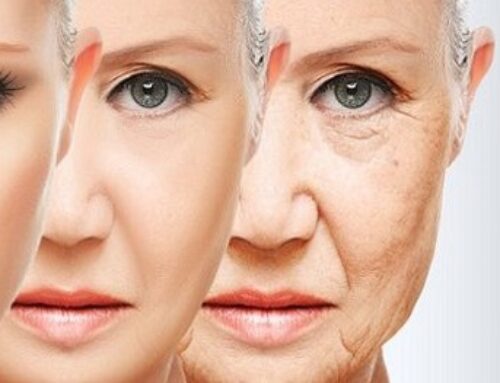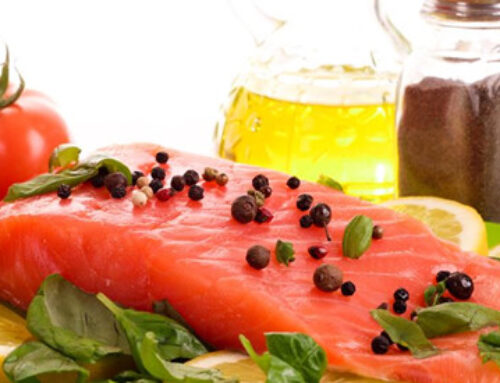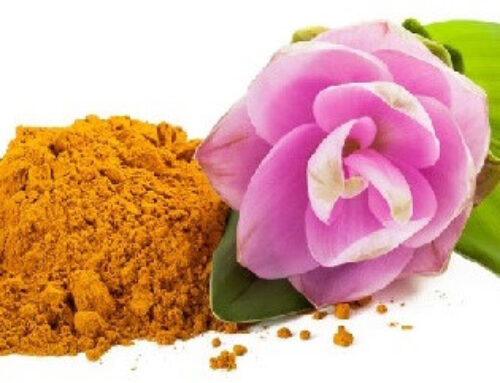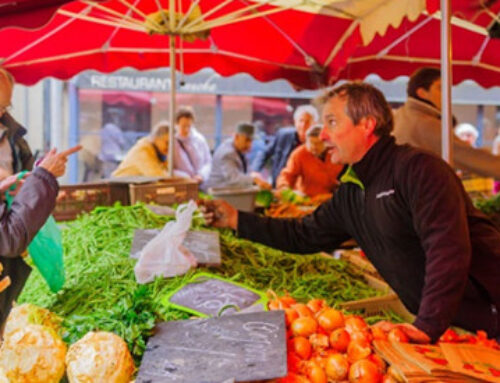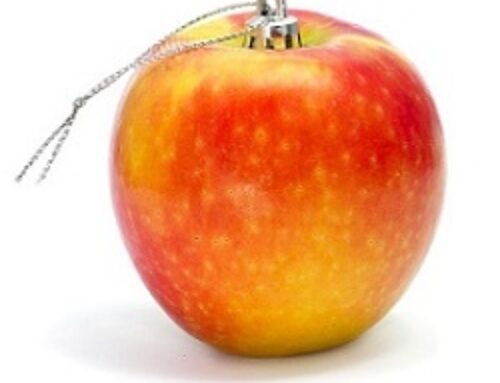There are a few beverages I cannot live without. Many drinks we reach for are void of nutrients and high in sugar. I cannot overstate the importance of staying adequately hydrated, and how the types of beverages you choose can make a big impact on your health.
The controversy of coffee
Coffee has been around since the 11th century. The legend goes that an Ethiopian shepherd noticed his goats, after eating the red berries from the coffee tree, became energetic and playful and did not sleep that night. He tried some of the berries and found they gave him lots of energy. Originally, coffee berries were mashed, mixed with animal fat and eaten like a bar (this actually may have been the world’s first energy bar). Eventually, the seeds inside the berries (coffee beans), were roasted, ground and made into a brew. This is the drink loved by humans across the planet.
Today, some of us believe coffee is a natural, healthy and delicious beverage, and some believe it is unhealthy. Recently, the thumbs down group may have more reason to dislike coffee. California just passed a (seriously useless) law that coffee retailers must have cancer warning labels printed on their cups. This is because of the level of acrylamide in roasted coffee beans.
Acrylamide is a chemical compound that forms on foods that have been roasted, browned or baked (think corn chips, baked goods, cereals, toast, potato chips, French fries). And all have much higher levels of acrylamide than a cup of coffee. A cup of coffee has 8 micrograms per kilogram of acrylamide, while French fries have a whopping 698 micrograms per kilogram1! Why are there not warning labels on French fries? I can think of many more reasons why warning labels on French fries and some of these other processed foods would make sense. (See my article Deep Fried Toxins)
Studies are definitively showing that coffee consumption is a rather healthy habit, in spite of its low level of acrylamide. According to one study involving almost 20,000 people, those who consume at least four cups of coffee a day have a 64% lower risk of early death compared to those who rarely or never consume coffee2. And for those who were 45 years or older, the lowered risk was even more significant. Another large study found coffee drinkers live longer, regardless of whether the coffee is caffeinated or decaffeinated2.
More studies confirm that coffee may have other health benefits, like protecting against type 2 diabetes, Parkinson’s disease, liver disease and even liver cancer, Alzheimer’s, colorectal cancer, oral cancers and skin cancer. And even more studies show that coffee seems to lower the risk of depression and improve cognitive function1,2. In light of the recent California legislation, the American Cancer Society’s deputy chief medical officer stated that science showing cancer-causing properties of coffee is weak and the studies that identified links between acrylamide and cancer used massive, unreasonable levels of acrylamide intake. He recommends coffee drinkers carry on3.
These are all wonderful, positive reasons for drinking coffee, but I have to honestly admit that I drink it because it tastes so darn good. But I do like that it’s good for me too.
It is important to mention there are some downsides to coffee—it is possible to drink too much and the caffeine can cause jitters. And there are some people that have a fairly common genetic mutation that makes it hard to break down caffeine; for these individuals, there is an increased risk of heart attack due to the caffeine. People with this problem would do best to avoid excess consumption of all caffeinated beverages. Coffee is also a diuretic, so coffee drinkers should take care to hydrate with more water (or rooibos tea—more on that below) to make up for its diuretic properties.
Obviously, the positives outweigh the negatives and coffee is a delicious and healthy drink. Please consider buying it organically, as coffee is sprayed heavily, and be sure to forgo the sugar and fake creamer which are both terribly unhealthy. And, if caffeine is a problem for you, go for organic decaf which is what I drink. I find there is no difference in taste. If you truly want to avoid the acrylamide, don’t avoid coffee, eliminate French fries and potato chips instead!
Rooibos tea
My other favorite beverage is rooibos tea. This is a tea made from the ‘red bush’ grown in South Africa. It is a common drink in South Africa with many people taking in 4-8 cups a day. There are several amazing characteristics about rooibos, and it is significantly more hydrating than water.
Cellular dehydration is a problem for some people. Getting adequate cellular hydration does not happen from drinking lots of water. So, how do we hydrate our cells? We have to look at how our cells make energy. Essentially, our cells make energy similarly to the way fire makes heat. In a nutshell; with fire, wood combines with oxygen to make heat. In a cell, glucose combines with oxygen to create energy. Carbon dioxide and water are the by-products of this process, called cellular respiration, which takes place in our cells. The water inside our cells is formed by cellular respiration. Our cells must make their own water as they cannot get it from drinking fluids and electrolytes alone.
Rooibos has a similar antioxidant profile as green tea but is also very effective at moving more glucose into the cells for use as energy and consequently, like I said before, you end up with more cellular hydration. This ability to get glucose into the cells more efficiently means less sugar in the blood stream and that means rooibos is excellent at reducing the risk of type II diabetes. Rooibos increases energy and hydration, which improves muscle performance and performance in all other tissues in the body. Rooibos can also help with weight loss. When the cells are receiving more glucose and burning it as energy, the body receives the message not to store energy in the form of fat. Pretty cool, right?!
But, I think the most important and interesting thing about rooibos is how it is able to help keep our telomeres long. Telomeres are the end caps on our DNA. Just like we have end caps on our shoe laces to help keep them from unraveling, so too do we have end caps on our DNA to protect them. Every time a cell divides, the telomeres get a little bit shorter. As telomeres shorten, we age, and the faster they shorten the faster we age! Rooibos actually slows down and can even prevent our telomeres from shortening. But, we need to consume about 6-8 cups a day. Does this sound like a lot? I make a big pitcher of tea and drink it all day long, it is not that difficult to get in 6-8 cups if you prepare it as an iced tea. And, when you’re drinking this much rooibos, the need for water goes down. Now don’t get me wrong….I love
Water
It’s the next best thing to rooibos. So, if you are unable to get your daily intake of rooibos, water is essential. Make sure you use a high quality water filter, or invest in a reverse osmosis system. It’s a terrible thing that our water is often full of unhealthy chemicals, even heavy metals (remember Flint Michigan’s lead problem). The optimal amount of water for a person is weight in ounces divided in half. So if an individual weighs 150 pounds, 75 ounces of good, clean water should be consumed every day. Remember you can cut that back if you are drinking rooibos tea. Just remember to use clean, filtered water to make your tea and your coffee.
Lately, studies have been all over the news regarding the toxic particles of plastic in bottled water, and of course you should all know by now that plastic is toxic. There is literally no place for it in the human body. It is best to avoid plastic water bottles and instead stick to water that comes in glass bottles. I am a big fan of San Pellegrino sparkling water. I will write more on this topic in the future.
Cited References:
- Ebling C. The truth about coffee & cancer (California ruling: Coffee needs a cancer warning label). The Nutrition Watchdog Web Site. Available here. Accessed May 2018.
- Drayer L. Is coffee healthy? CNN Web Site. Available here. Published April 12, 2018. Accessed May 2018.
- Guarino B, Rosenberg E. California ordered to add cancer warning label to coffee, but the science doesn’t hold up. Washington Post Web Site. Available here. Published March 30, 2018. Accessed May 2018.






